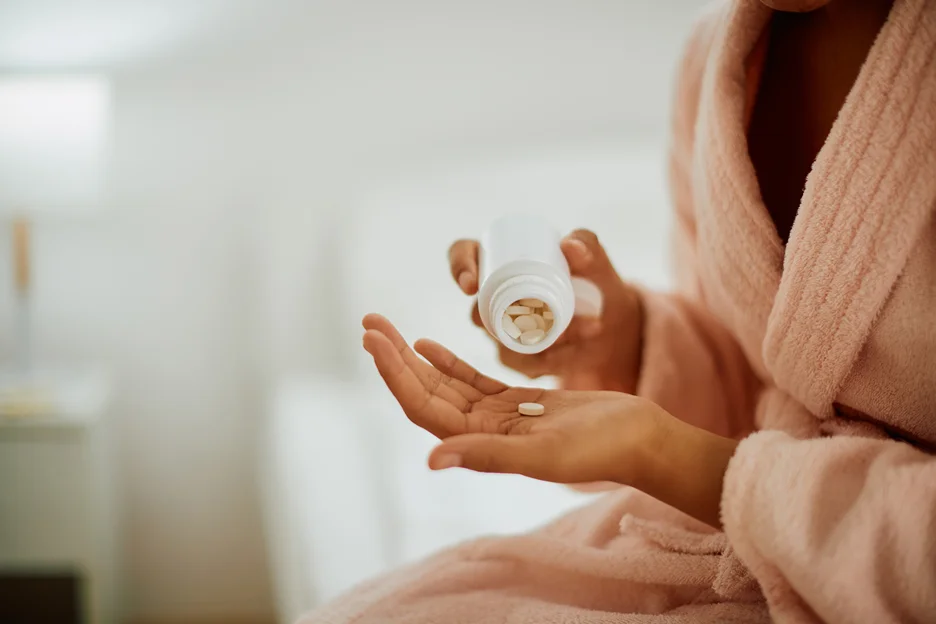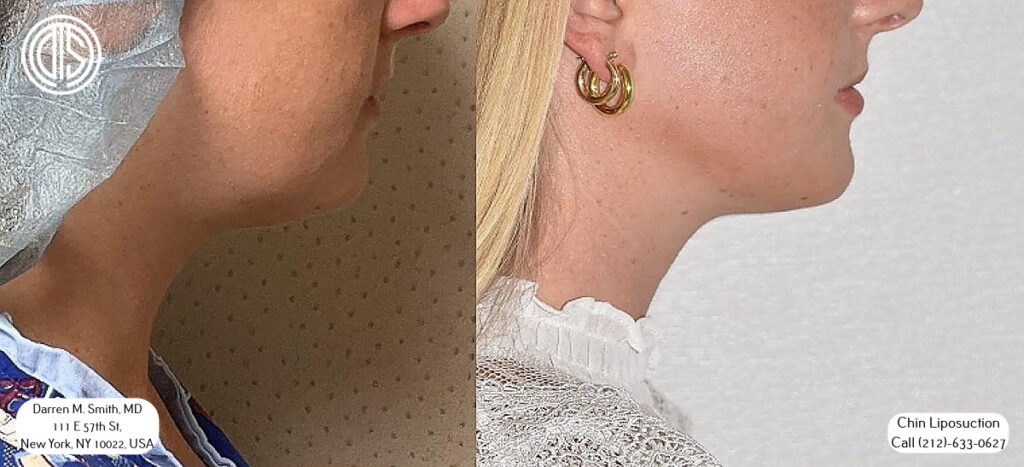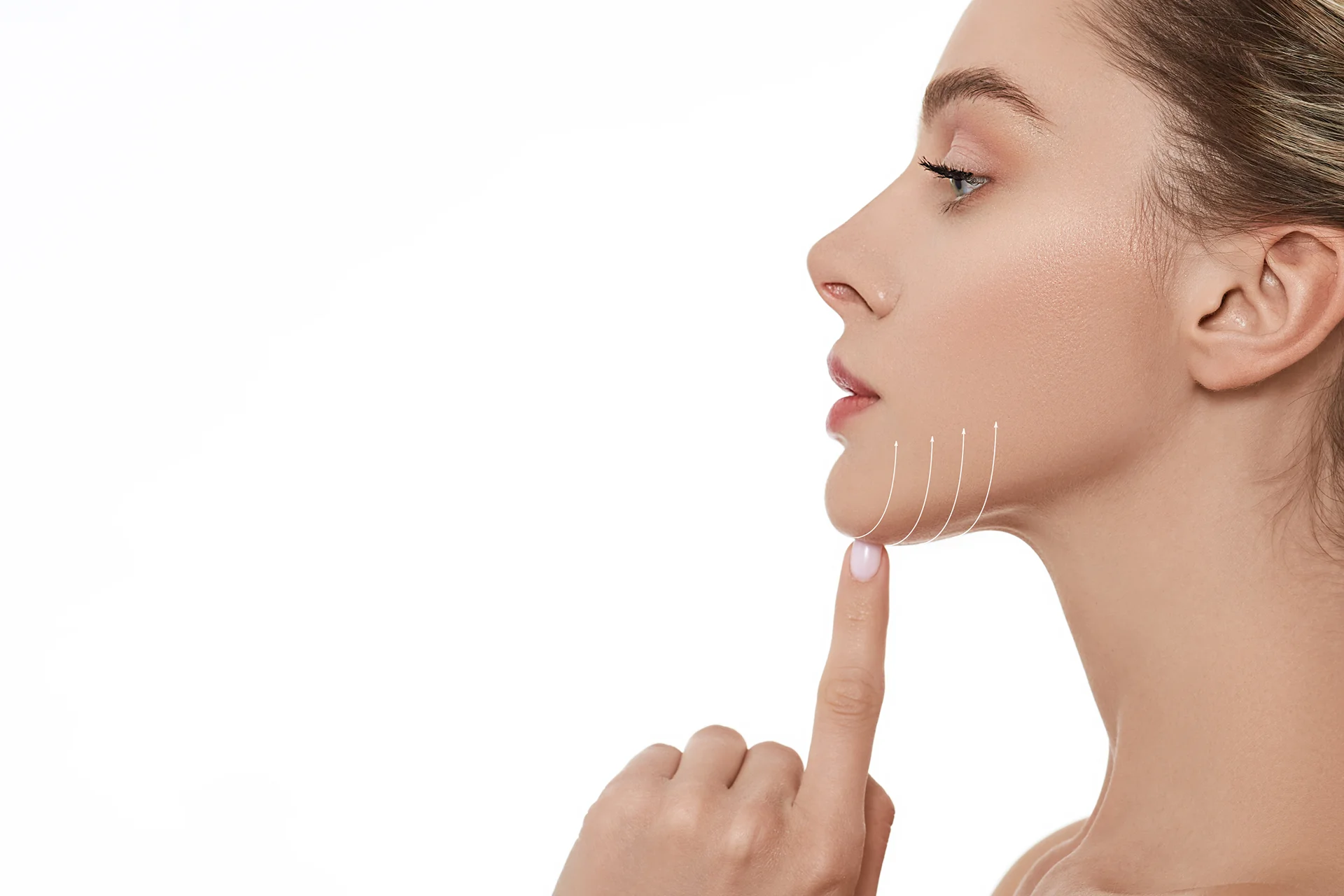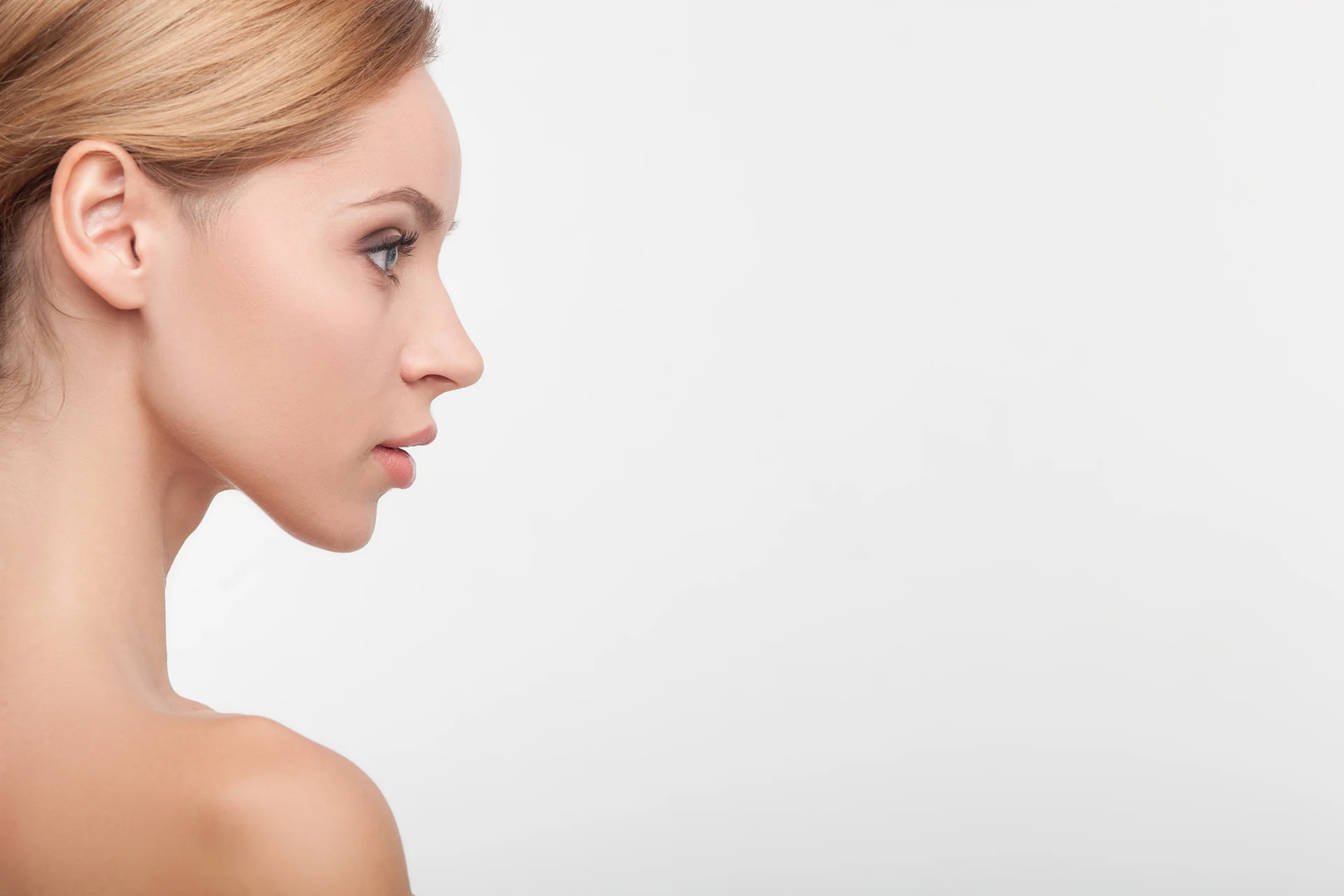The Path to a More Defined Chin Starts with Rest
If you’ve decided to take the exciting step forward and undergo chin liposuction, you likely have visions of unveiling a beautifully contoured, smooth chin and jawline.
While the procedure itself may only take a couple of hours, the road to your ideal recovery and results relies heavily on what happens in the weeks following.
Proper aftercare, especially while sleeping, plays a crucial role in your healing process and the achievement of your cosmetic goals.
Understanding the Chin Liposuction Procedure
But before we get into the specifics of post-procedure sleep, let’s quickly review what a chin liposuction entails.
This increasingly popular procedure sculpts the area under the chin and along the jawline by removing stubborn pockets of fat that diet and exercise alone cannot eliminate. It is an outpatient procedure performed under local anesthesia or IV sedation.
A surgeon will make a small incision under the chin and insert a cannula to suction out the unwanted fat deposits. The procedure usually takes one to two hours to complete.
Patients choose chin liposuction to enhance facial contours and achieve a sleeker neck and jawline. It can also be combined with procedures like a neck lift or chin implant for a more comprehensive facial rejuvenation.
Elevate Your Head for Ideal Healing
Once home after your procedure, the quality of your sleep and rest becomes paramount for proper healing.
One of the most important rules following any facial surgery is to keep your head elevated, even during sleep. Using 2-3 pillows allows gravity to work with you, not against you, to minimize swelling.
It also enables proper drainage to reduce fluid build-up and inflammation. Try using a wedge-shaped pillow for optimum incline or a recliner to keep your head lifted at the proper angle while resting.
Avoid Direct Pressure on the Surgical Area
Be mindful not to sleep directly on the side of your face where the chin lipo was performed for at least 2-3 weeks.
The light pressure of resting on a pillow is fine, but allowing the full weight of your head to press on the delicate healing tissues can increase swelling, irritation, and even compromise your results.
Side Sleeping Requires Precautions
While back sleeping may not be your regular preference, you’ll need to avoid side sleeping for at least 1-2 weeks after surgery.
If you absolutely must sleep on your side before then, invest in an inflatable full-face pillow that allows you to rest your head without angling it down towards the mattress.
These devices have cut-outs for the eyes, nose, and mouth for breathing comfort. Take any pressure off the treated chin area to allow proper healing.
Manage Swelling with Cold Therapy
Post-procedure swelling is both common and expected due to inflammation from the surgical trauma. While elevation helps, applying ice packs to your chin and neck for 10-15 minutes a few times a day can significantly reduce swelling and discomfort.
Continue this cold therapy while you sleep as well – just be sure to have a cloth or towel between the ice and your skin. Set a timer if needed so you don’t over-ice the area as you rest.
Consider Over-the-Counter Pain Relievers

It’s normal to experience some mild to moderate pain, swelling, and bruising for about a week following chin liposuction. Over-the-counter NSAID pain relievers like ibuprofen are usually sufficient management, along with rest and cold therapy.
Use medication primarily before bedtime for a more comfortable sleep. Prescription painkillers may be prescribed for more extensive procedures or if OTC options don’t provide enough relief.
Kettle chamomile or lavender tea contains soothing properties that may calm the mind and body to make resting easier after any procedure. Avoid herbal supplements though, as they can adversely interact with other medications and anesthesia.
The Role of Your Compression Garment
Your plastic surgeon will fit you with a chin and neck compression garment to be worn day and night, except while bathing, for at least the first week.
This elastic wrap applies gentle pressure to minimize swelling and promote proper healing. While it may feel strange to sleep in it initially, keeping the garment on at night provides optimal support as you rest and recover.
For maximum comfort, ask your surgeon about options like perforated wraps that allow some breathability. You may also temporarily remove the garment when applying cold compresses.
But avoid removing it entirely at night for the first 5-7 days at minimum, and longer if your doctor advises it.
How Long to Continue Special Sleep Precautions
While you’ll need to avoid direct pressure on your chin and keep your head elevated throughout your recovery, you can usually return to your regular sleeping position after about 2 weeks.
Listen to your body – if you no longer have post-procedure pain at this point and your swelling has resolved, you can likely resume your preferred sleep posture. Just be cautious not to abruptly turn and lay on the treated side too forcefully.
Navigate Potential Sleep Disruptions
It’s not uncommon to experience some difficulties sleeping after any surgical procedure.
Pain or discomfort may wake you or prevent deep sleep. Anxiety about proper healing can also disrupt rest. Avoid screen time before bed and create a relaxing pre-sleep routine.
If pain interferes with sleep, speak to your doctor about alternatives for keeping it under control at night. For anxiety, try meditating, deep breathing, or listening to soothing music.
Keep in mind that your body needs extra rest to recuperate after surgery, so allow yourself daytime naps as needed. Make your bedroom conducive to sleep by keeping it dark, cool, and quiet. Proper sleep is essential for prompt healing.
Cleanliness is Key for Optimal Recovery
Be sure to keep your chin, jawline, pillowcases, and bedding clean during recovery. Follow your surgeon’s wound care instructions carefully to avoid infection.
Use clean gauze or cotton swabs soaked in warm water or saline to gently dab around the incisions a few times a day, then apply the recommended ointment. Avoid forceful scrubbing.
Change out your pillowcases at least twice a week, or anytime they become soiled. Launder all bedding weekly in unscented, hypoallergenic detergent. This will minimize irritation or bacteria around your healing incision sites.
The Mental Side of Healing

Your emotional health is deeply connected to your physical recovery. Feelings like frustration or sadness are normal responses to the ups and downs of post-op life.
You may also grapple with anxiety about your results or concerns about proper healing early on. All of this can impact your ability to sleep. Remember that any surgical procedure involves a process – be patient with yourself.
Stay focused on your long-term goals and the amazing improvements to come. Keep stress in check through prayer, yoga, or other wellness practices. Reach out for support when needed.
Discuss any emotional struggles openly with your plastic surgeon’s office. Allow yourself to rest as you recover. Your body needs deep sleep to heal, so provide it with a tranquil environment.
Before you know it, the discomforts of recovery will be behind you and you’ll be ready to show off your refreshed, contoured chin and neck! Consult board-certified plastic surgeon Dr. Darren M. Smith for your own customized plan for success.
Dr. Smith provides personalized care throughout the process, from selection the optimal procedures to long-term follow-up. Contact our office today to schedule your private consultation.






